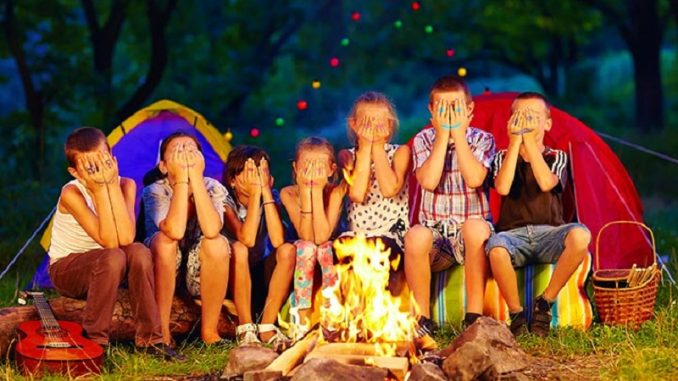
Prior to an Overnight Vacation
1. Practice outdoor camping gear in the house: In case your children are an outdoor newbie, pitch an outdoor tent outside or perhaps inside your house. Let them socialize in it and oversleep it so they become comfy with a brand-new sleeping environment.
2. Take a trial run: Before your overnighter, attempt a household day outing at a close-to-home park. Invest a half-day approximately at a lakeshore or park and see how your children react to extended outside trips.
3. Remember: Write down suggestions for future journeys: “Pack much more sunscreen lotion.” “Bring long shorts.” “Depart bongos house”.
Preparing for a Trip
1. Be passionate: Why should kids get fired-up about an outside adventure if you’re not?
2. Include your children: Make vacation planning a household affair. Ask children for concepts of achievable things you can do or see at the destination. Place their input seriously.
3. Kids as the packers: Give kids the duty to bring along their very own gear in the home (making use of a list you’ve produced). A parent ought to double-check a kid’s packing job before leaving the house.
4. Keeping kids (rather) arranged: Have your kids load every individual item in a knapsack and get them to constantly return those products to that particular duffel.
5. Preferred toys: Allow children bring a few of their preferred toys and games so the campground doesn’t feel completely international to them. Had concepts for brand-new toys? View our recommendations later in this article.
6. Buddies are useful: It may be enjoyable for children to camp with an additional loved one that have children. Your kids might get fed up with adults before too long. With playmates, they could be gladly occupied for days.
7. Bring bikes: Bikes are helpful in a campground, so consider bringing a few along. If it’s a long means from your campsite to the beach or play area, it’s faster (and more enjoyable) to use a bike instead of walking or shooting up your automobile. Bikes maintain children entertained, as well.
8. Check fire limitations: Thinking about a campfire? Before leaving the house, have calls to find out if campfires are allowed at your selected camping gear site. If not, make sure everyone in the family knows ahead of time. There’s no bigger dissatisfaction to children who have packed all the s’more mending’s than to find that a burn ban is in impact.
At the Campground
1. Show a favorable ambiance: Family-camping gear policy No. 1: Be ready to cope with an inconvenience. Everything is in a different place. The restroom is no longer down the hall, it’s 6 campgrounds down the path. As a grownup, you should lead by instance with a positive, can-do attitude.
2. Arrange: Establish repaired areas for crucial products. “The forks and spoons are in heaven tub.” “Flashlights are in the green stuff sack.”.
3. Then stay arranged: Remind everyone to constantly return products to their developed places so others can discover them. If you’re specifically industrious, create a reference listing of where-to-find-it areas. Tape it some location evident.
6. Be safe: Make sure your kids constantly carry a whistle (teach them to blow it if they become separated from you) and have easy access to a flashlight or headlamp. Connect a lanyard to both the whistle and light and tie them to among the child’s belt loops.
7. Wildlife: Ask park rangers about wildlife task in the location you are visiting. As the grownup, you need to take the lead and comprehend any precautions needed (such as correct meals storage or ways to respond throughout an up-close encounter) for safely existing side-by-side with wildlife. Enlighten your kids about the significance of not feeding wild animals (it detrimentally alters their food-gathering patterns) and dealing with wildlife with regard and care so everybody remains safe.
When Outdoors, Be Outdoors.
1. Be energetic, stay loose: Try to keep your children active without following a regimented book. If they’re amused by skipping rocks on the water, offer them time to perfect the multiple-skip fling.
2. Geocaching: A GPS-guided prize quest engages children physically and psychologically. Check our link to geocaching to see if any caches are concealed in the location you’ll be visiting.
Summary
1. Practice camping gear near to home before taking a long, faraway getaway.
2. Involve kids in the planning for a camping gear trip.
3. If possible, welcome playmates to come in addition to your kids.
4. Look for activities one-of-a-kind to the outdoors.
5. Concentrate on fun; let children be children.